This project is developed at the Auditory Health Center of Rio Grande do Norte (Suvag RN), a 100% Brazilian Health System (SUS) institution that serves the population of the entire state.
Given the devastating impact of hearing loss in childhood, scientifically and clinically proposals that optimize the results achieved by children and that are scalable are desirable. With this in mind, the project aims to produce knowledge that can be employed to improve the hearing (re)habilitation services offered to the population, with reduced costs to the SUS.
Implemented through a series of clinical studies, the objectives of the project are: to analyze the effectiveness of innovation (specific technology-mediated interventions and/or reorganization of procedures) in the auditory (re)habilitation of children; and to evaluate the knowledge and skills of family members, speech therapists, and teachers who work with these children before and after technology-mediated education and active methodologies.
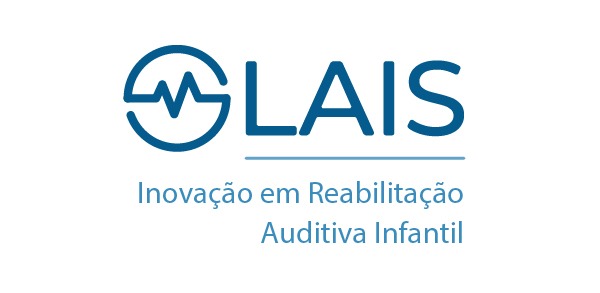
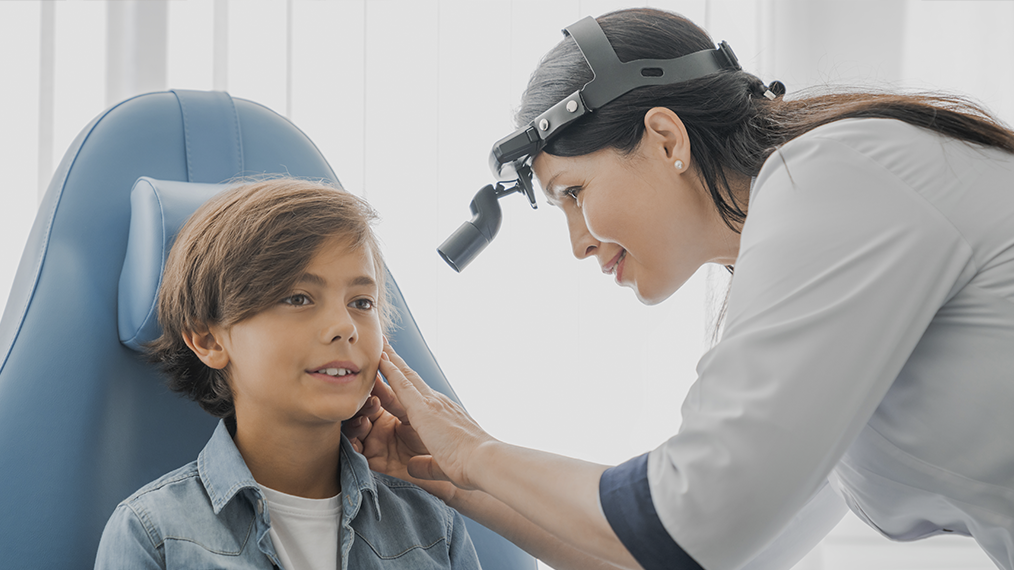
If confirmed by clinical studies, the potential of the innovations employed in the auditory (re)habilitation procedures, the use of innovation in the clinical routine can shorten the discharge and improve the quality of life of the assisted population.
With potential scalability, inserting (re)habilitation procedures and technology-mediated education to children's parents, teachers, and speech therapists may reduce operational costs.
Maximizing the development of hearing-impaired children for their real educational and social inclusion, with improvement to the life quality of the children and their families.
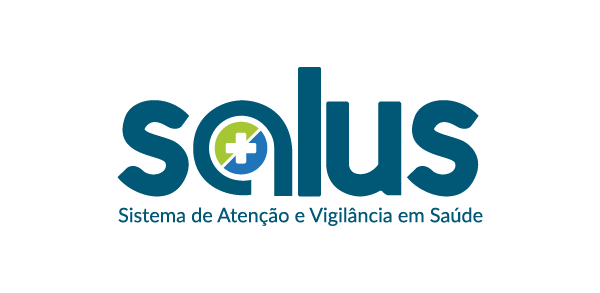
A digital epidemiological surveillance platform that processes and curates syphilis data.
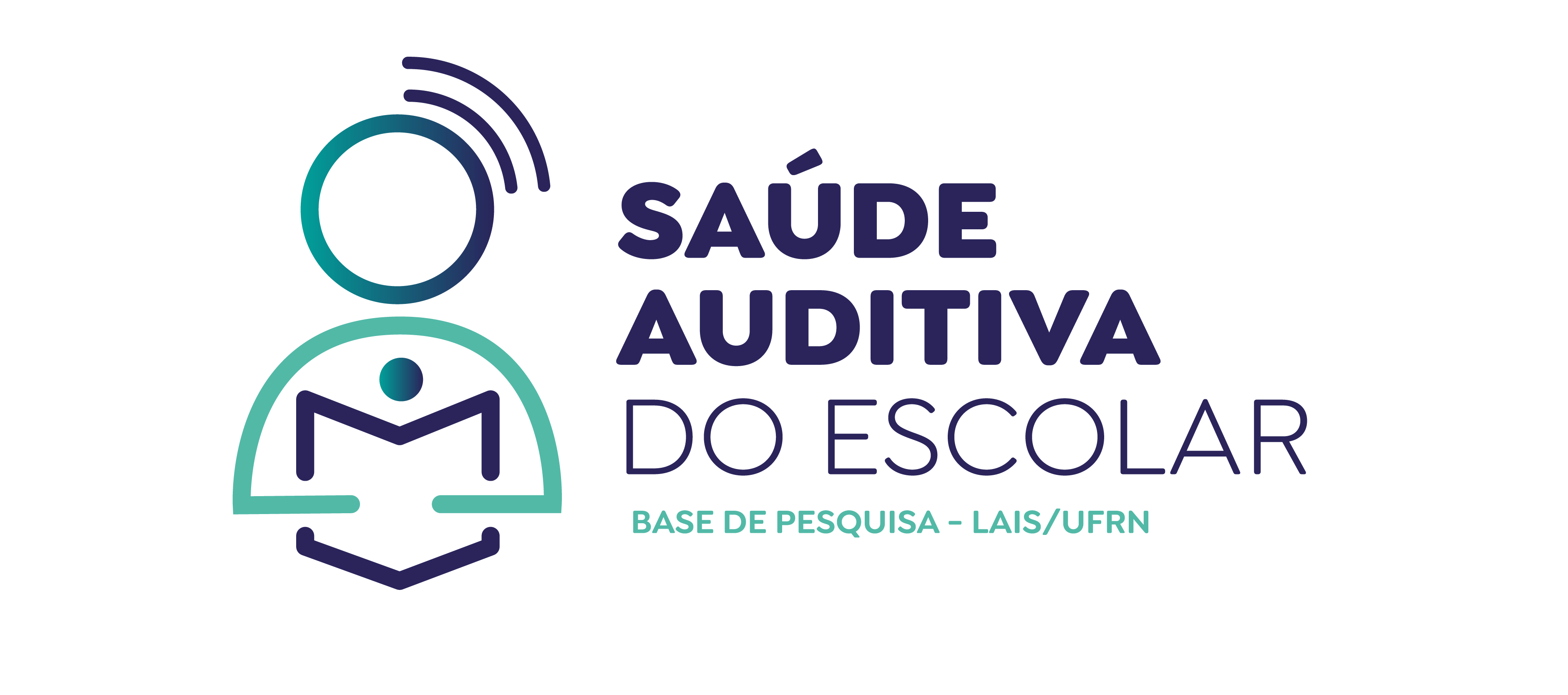
Identifica, monitora e educa em saúde auditiva, alunos no contexto escolar.
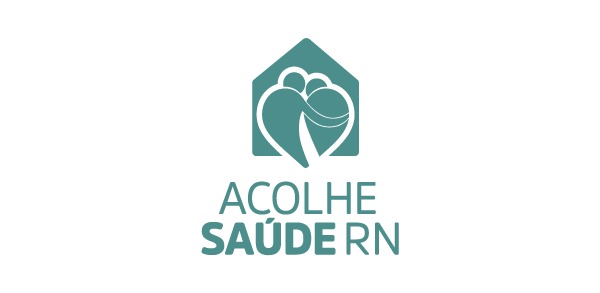
Accommodation for health professionals at the Barreira Roxa Hotel.